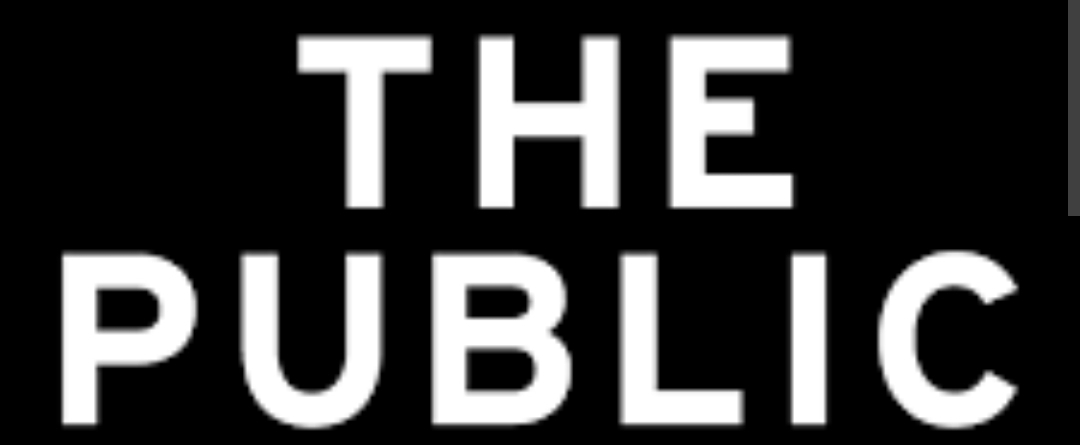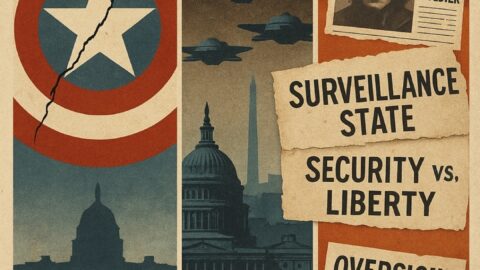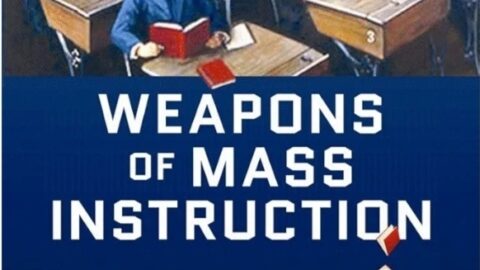Oscar Wilde’s quote, “The public have an insatiable curiosity to know everything, except what is worth knowing,” critiques societal tendencies to focus on trivial, sensational, or superficial matters while neglecting deeper truths, meaningful knowledge, and critical insights. Wilde’s observation remains strikingly relevant in today’s media-driven culture, where curiosity often centers around fleeting entertainment, gossip, and distraction rather than substance.
The Insatiable Nature of Curiosity
- Wilde highlights that human beings are naturally curious, but this curiosity is frequently misdirected.
- Examples of misplaced focus:
- Obsession with celebrity gossip or scandals rather than stories of resilience, innovation, or meaningful impact.
- Focus on surface-level entertainment (e.g., reality TV) instead of exploring history, science, philosophy, or spiritual truths that shape lives and societies.
- In the digital age, this manifests in endless scrolling through social media or sensationalized news rather than seeking knowledge that fosters personal growth or societal improvement.
“What Is Worth Knowing”
- Wilde contrasts this insatiable curiosity with the wisdom and truths that truly matter:
- Philosophy and self-awareness: Questions like, Who am I? What is my purpose? are more challenging but ultimately transformative.
- Faith and spirituality: As discussed in earlier reflections, grounding life in God and purpose provides fulfillment that shallow distractions cannot.
- Emotional and moral intelligence: Learning to regulate emotions, improve relationships, and live ethically creates lasting value.
- Knowledge with impact: Understanding history, science, or global issues can guide progress, while curiosity about fleeting trends does little to enrich lives.
Societal Implications
- Wilde’s critique suggests that when curiosity is misdirected:
- Cultural shallowness prevails: Societies prioritize what entertains over what educates or inspires.
- Misinformation thrives: Superficial curiosity can lead to accepting unverified or sensationalized information, fueling ignorance or division.
- Critical thinking diminishes: Without focus on deeper truths, people may lose the ability to question and analyze meaningfully.
Relevance Today
- Wilde’s quote prefigures issues in today’s digital and consumer-driven age:
- The public often knows more about influencers or reality TV stars than they do about civic issues, scientific advancements, or even their own communities.
- The prevalence of “clickbait” demonstrates the prioritization of sensational headlines over meaningful content, driven by curiosity for shock rather than understanding.
- The distractions of consumerism, ego, and relativism (as discussed in John Lennon’s quote) align with this critique of misplaced focus.
Personal Growth and Redirected Curiosity
- Wilde’s observation invites reflection: How can we redirect curiosity toward what truly matters?
- Seek meaning over distraction: Prioritize curiosity about subjects that lead to personal growth or societal betterment.
- Practice discernment: Evaluate whether the knowledge you pursue adds value to your life or is merely an escape from more challenging but meaningful inquiries.
- Cultivate lifelong learning: Study topics that build understanding, such as philosophy, emotional intelligence, spirituality, or community well-being.
A Parallel to Emotional and Spiritual Maturity
- Just as self-awareness requires moving beyond superficial distractions to discover deeper truths about oneself, societal maturity requires collective curiosity about enduring questions of meaning, ethics, and progress.
- Wilde’s observation ties back to the idea that “The world will ask you who you are, and if you don’t know, the world will tell you”—a world focused on the superficial can easily mislead those who do not anchor themselves in meaningful knowledge.
Conclusion
Oscar Wilde’s quote is a call to action for individuals and societies to shift their curiosity from fleeting and trivial matters toward pursuits that enrich the soul, sharpen the mind, and build a better world. By focusing on “what is worth knowing,” we not only cultivate personal growth but contribute to a more thoughtful, purposeful, and authentic culture.





